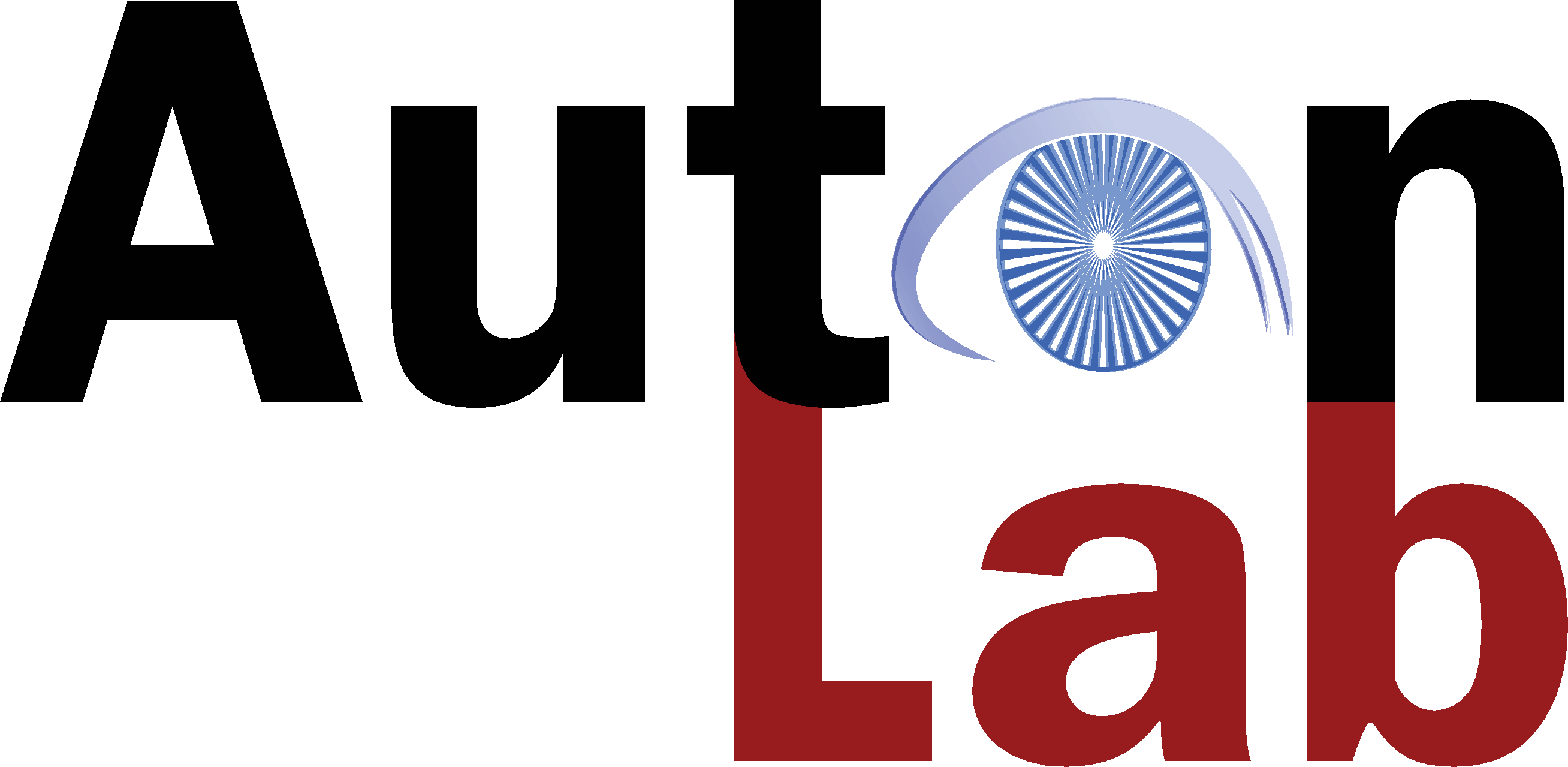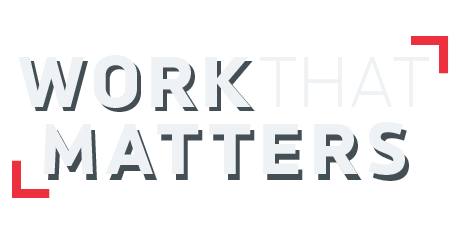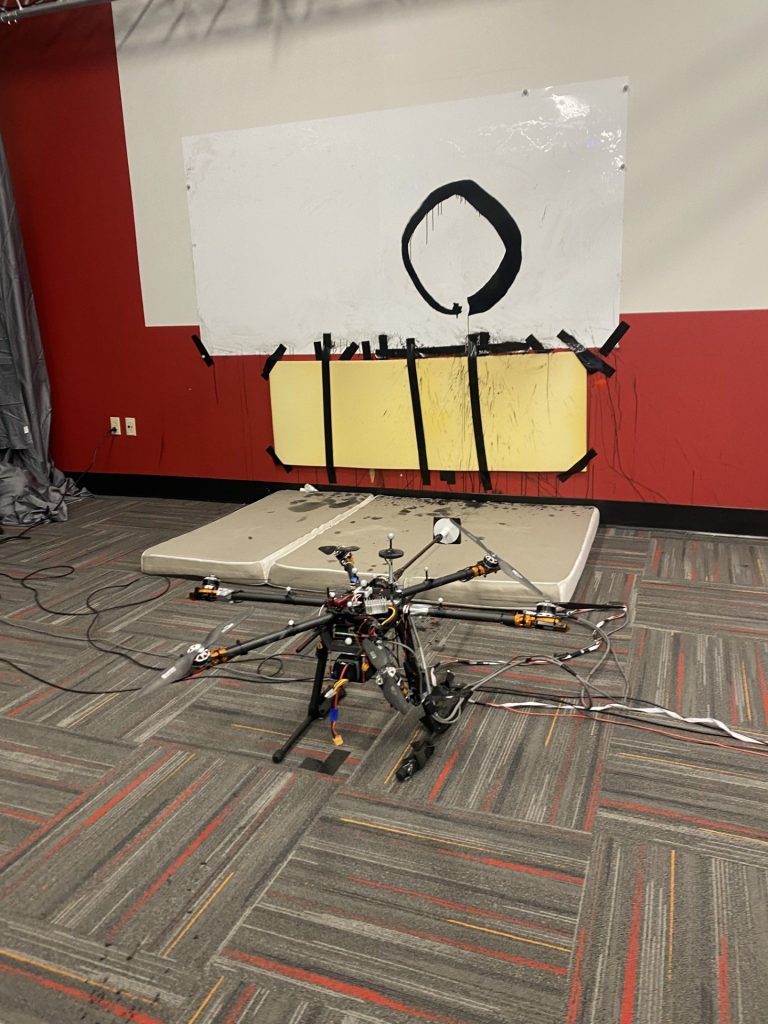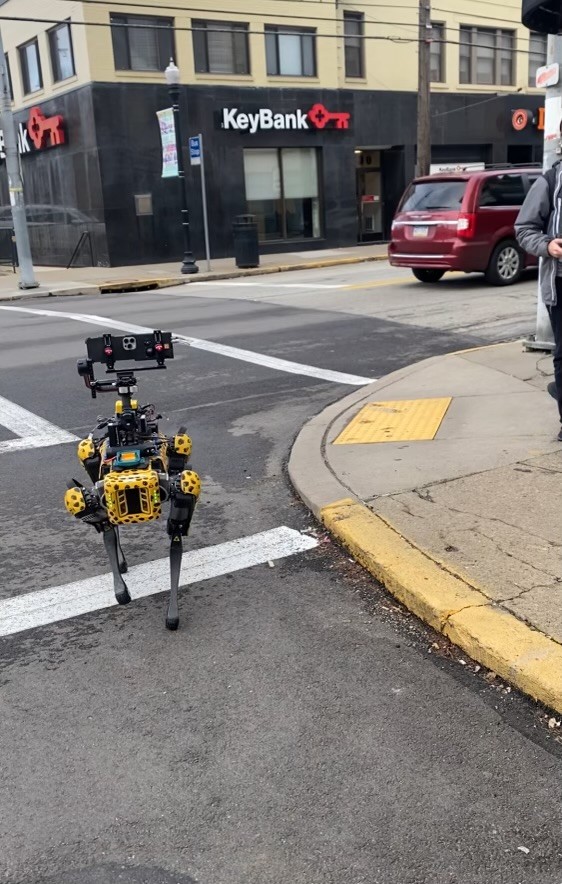Listen to article:
If you were to try to pick a single throughline when assessing the career of Kimberly Elenberg, director of Data and AI Strategies at ECS, you might settle on “helping key decision makers draw actionable insights from vast quantities of data.” Not that this throughline would be the only one you could choose — and not that the task is an easy one to begin with. Kimberly’s career has been varied, accomplished, and impactful in the extreme, and it defies quick or easy characterization.
Kimberly has been, among other things: a captain in the U.S. Public Health Service; a doctor of nursing practice (DNP) with additional expertise in public health, informatics, and business analytics; a research scientist of applied artificial intelligence (AI) at Carnegie Mellon University; and an emergency response analyst and strategist for the Department of Defense (DoD).

With ECS, her work focuses on helping federal organizations develop shared mission partner environments, integrating their capabilities wherever possible, and streamlining the use of data to drive mission success. She also plays a critical role in equipping key decision makers at these organizations, including those dedicated to our national defense, to make informed, data-driven decisions.
We sat down with Kimberly to discuss her work, its impact, and how ECS stands apart as a provider and integrator of essential capabilities and solutions.
Q. Could you give us an overview of the work you do?
A: Currently, I wear two hats. One is my ongoing research at Carnegie Mellon’s Robotics Institute and Auton Lab, where I lead a Defense Advanced Research Projects Agency (DARPA) triage challenge. We’re looking at the ethics and science behind labeling data from multiple perspectives, fusing it from multiple sensors, and developing autonomous, cognitive capabilities. That research informs a lot of the cutting-edge work we’re doing, and have done, at ECS.



The other hat is my role at ECS which, put simply, is about data and AI strategy and supporting a more strategic mindset in our customers. The question we ask is, “Are the types of AI capabilities you want part of our AI platform as we integrate government organizations and develop mission partner environments?” That question serves as a launchpad for the conversation about sensing — and making sense and effective use of — the vast amounts of data they have at their disposal.
It’s like having a toolbox, but not necessarily having the experience to know which tools are optimal for which problems. You wouldn’t use a screwdriver to hammer a nail. Our customers face a similar problem with machine learning (ML), AI, and leveraging data. They may even have subject matter experts in AI-related fields, but not in mathematics or computation, making it hard to know how to ideally apply their data towards a solution. My role is to help them first characterize their problems, and then ultimately solve them.
Q. When we talk about federal agencies leveraging data to make critical decisions, most people’s minds immediately go to defense-oriented missions or the work of the intelligence community. What are some other areas that benefit from this strategic approach to data?
A: The potential applications of responsible AI are broad. The primary one from my own experience has been public health and emergency response. In the early days of COVID, for example, there was no real logistical infrastructure for acquiring and distributing vaccines, personal protective equipment (PPE), etc. That had to be built, and we had to show we could support novel logistical operations with a data-driven approach.
Another example would be repatriation missions carried out by the DoD, such as the military’s withdrawal from Afghanistan a few years ago. There’s a whole realm of logistical questions that must be answered and modeling that must be carried out in near-real time. How do you project how long it’s going to take you to receive and process everyone? How do you know how many supplies to order? How do you predict the ability of the industrial base to provide you with those supplies given other economic or social factors, contracting agreements, funding, and so on?

This can get quite involved, to the point of the Office of the Secretary of Defense (OSD) having to field questions from the president asking, “Hey, should I use my presidential power to instigate more production of X, Y, or Z from the industrial base for such-and-such scenario?”
Q. What are the implications or ripple effects of this work for the average, everyday citizen who may not know much about the inner workings of the government?
A: There are significant implications because this work directly affects the country’s stability, what we’re doing both domestically and on a global scale. And not just the U.S., but abroad as well. If we’re modeling that certain countries are experiencing increased instability due to social or political unrest, conflict, famine, natural disasters, etc., that may help inform deterrence and subsequently the government’s policy decisions. If the world is stable, it often leads to stability in the U.S.
The most tangible benefit here is lives saved, whether we’re dealing with a humanitarian disaster, helping with a noncombatant evacuation order, defense, or aiding in another situation that calls for emergency response.

Q. What, in your mind, sets ECS apart as both an integrator of existing solutions and a provider of new, innovative capabilities when working in this space?

A: We have a very strong R&D capability at ECS. We have an environment that allows us to experiment, which is important because much of the shine of learning and working with AI comes from the fact that it’s still somewhat new. There is limited history using or applying many novel AI capabilities, especially in the context of critical decision making. That means there’s value in creating a space to experiment and build that confidence.
As system integrators, ECS really brings the best of the best. We have the ability to partner with whomever is offering the right cutting-edge solution, but in a way that doesn’t disrupt our customers’ existing business processes. This allows them to move things into production that are proven to work while also leaving wiggle room for experimentation, which grows confidence.
Finally, with regards to enterprise data, ECS acts as both a bridge between disparate stakeholders (be it the enterprise, combatant commands, nongovernmental agencies, other countries, whomever) and a platform that enables teamwork. We make it possible for all these parties to produce something coherent and cohesive as a single entity. Teamwork and collaboration are where mission success is found.











